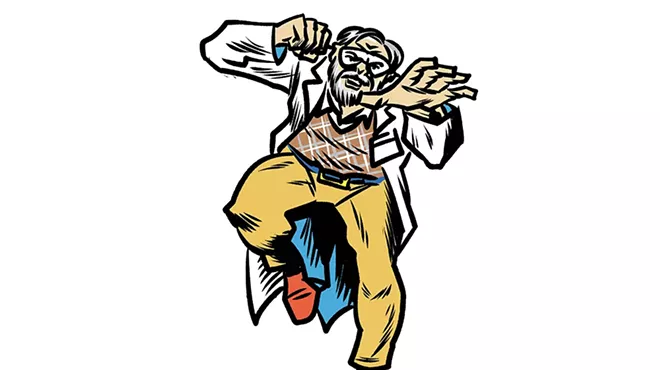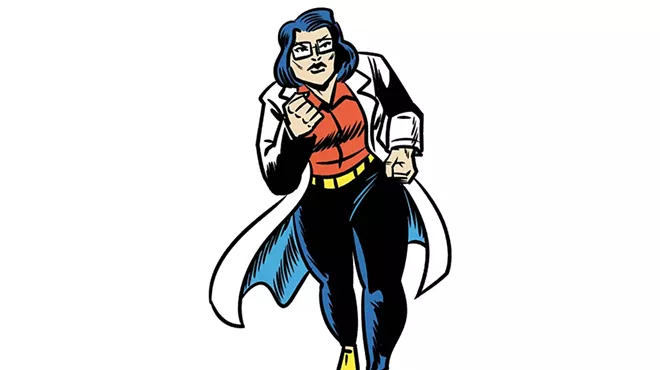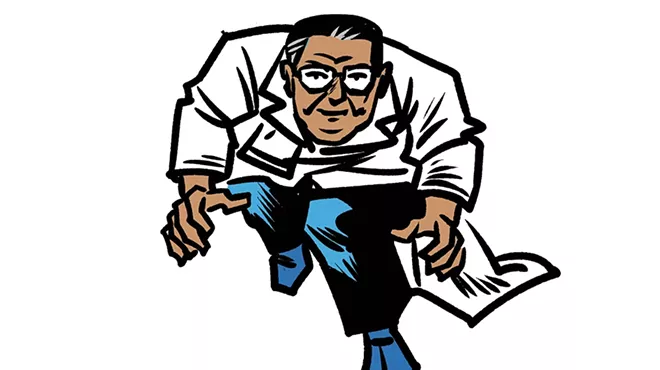In the weeks after the coronavirus first landed in Washington, nobody knew that the virus was spreading unseen throughout the Puget Sound area. But one group of researchers in Seattle had an inkling.
As part of a flu study, the researchers were sitting on a collection of nasal swabs that they knew they could test for the coronavirus. The problem, as the New York Times reported, is that for a month they couldn't get approval from any state or federal officials to perform the tests.
So they defied the government. They performed the tests anyway, finding that the virus had been spreading throughout the Seattle area the entire time. It was the country's first known outbreak, and it was only discovered because the Seattle Flu Study researchers — from the University of Washington, Fred Hutchinson Cancer Research Center and other institutions — went rogue.
It's a shining example of how scientific researchers have emerged as leaders in the fight against the coronavirus. Every day, lab-coat-wearing heroes across the globe race to develop a vaccine. They guide the decisions of government entities. They learn something new about how the virus behaves.
And the general public, it seems, look to these researchers for answers more than ever. Each new discovery feels more tangible, like a small victory in the effort to return to some sense of normalcy.
Far from sitting on the sidelines, researchers right here in the Inland Northwest have rallied to join this global effort. And they've already made important contributions to the cause. Here, you'll read about local researchers who are developing a potential COVID-19 cure, who are fighting disinformation, who are discovering just how the virus spreads. They work tirelessly, often dropping their other projects to focus solely on the coronavirus.
Because they all know one thing: To beat this enemy, they must first understand it.







